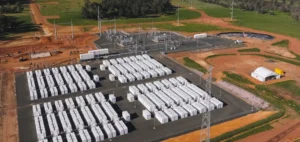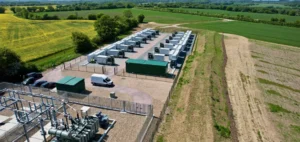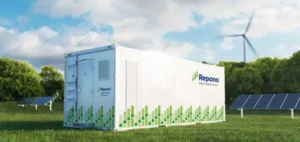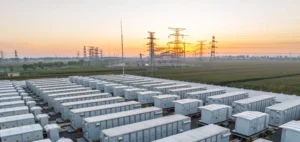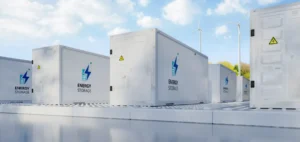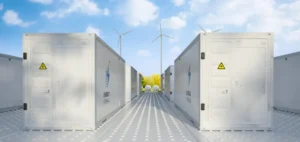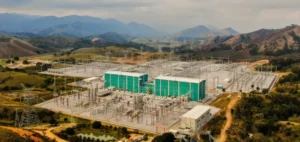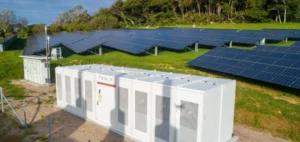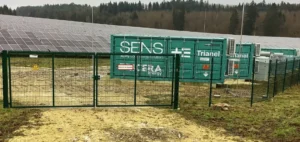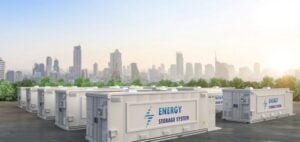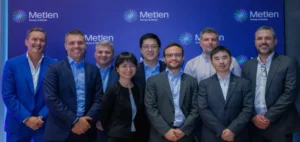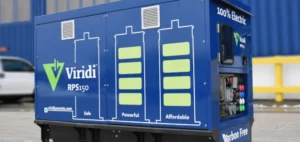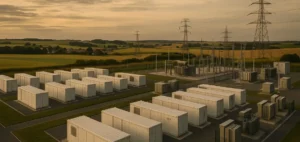Atom Alloys unveils its innovative new fuel storage explosion prevention system: the ATOM system.
It is the 1st Underwriters Laboratory-certified system for preventing fuel storage explosions without human intervention or triggering factors.
Atom Alloys unveils ATOM
Developed over a decade of research and development, ATOM is a technological innovation that eliminates the explosion of hydrocarbons.
It provides explosion protection for all those who store and transport fuels: the military, industry, local authorities and ordinary citizens.
1st solution of its kind certified by Underwriters Laboratory
Atom Alloys’ ATOM is the first solution certified by the American Underwriters Laboratory to offer a complete explosion prevention system for the storage of liquid and gaseous fuels, with no need for human intervention or triggering factors.
This new technology can be applied to both a single 20-liter jerrycan and an entire 60,000-liter fuel tank.
Meeting a global challenge
This innovation responds to one of the world’s most pressing challenges: the colossal damage to life, property and the environment caused by fuel storage explosions occurring worldwide.
Whether it’s the explosion of LPG cylinders, tanker trucks or industrial sites, fires and explosions are among the top ten global business risks in 2021.
37,000 industrial fires a year in the United States
In fact, around 37,000 fires occur every year at industrial and manufacturing sites in the USA alone.
More than 100 fuel explosions have also been reported since 2019 around the world, most of them preventable like the one in the port of Beirut in August 2020.


